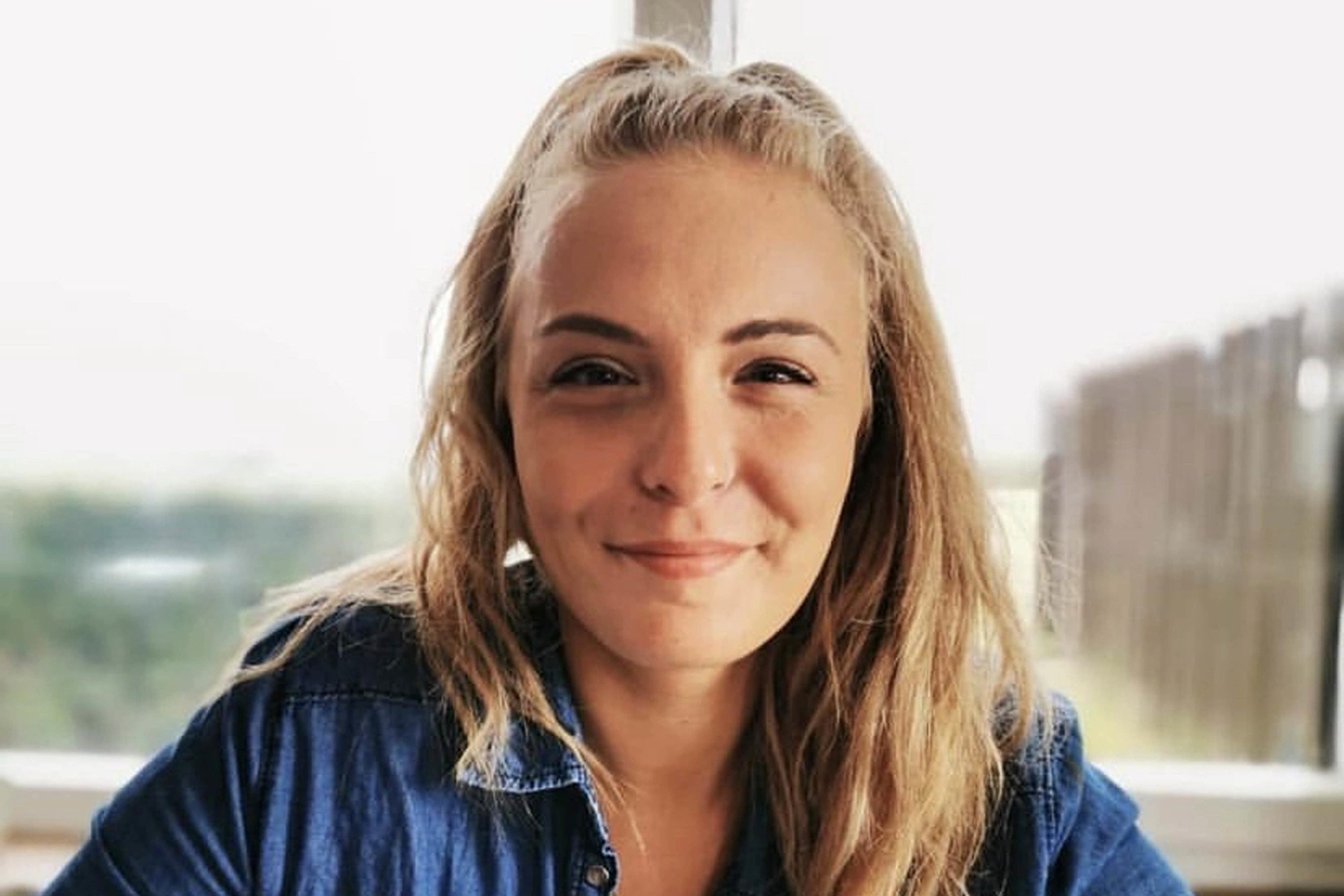Hospital where student nurse died of sepsis had lack of beds, inquest hears
Zoe Bell, 28, died on December 24 2022 after waiting 12 hours in A&E at Stoke Mandeville Hospital in Aylesbury, where she had been working shifts.

Your support helps us to tell the story
From reproductive rights to climate change to Big Tech, The Independent is on the ground when the story is developing. Whether it's investigating the financials of Elon Musk's pro-Trump PAC or producing our latest documentary, 'The A Word', which shines a light on the American women fighting for reproductive rights, we know how important it is to parse out the facts from the messaging.
At such a critical moment in US history, we need reporters on the ground. Your donation allows us to keep sending journalists to speak to both sides of the story.
The Independent is trusted by Americans across the entire political spectrum. And unlike many other quality news outlets, we choose not to lock Americans out of our reporting and analysis with paywalls. We believe quality journalism should be available to everyone, paid for by those who can afford it.
Your support makes all the difference.There was “insufficient bed stock” at a Buckinghamshire hospital when a student nurse working there died from sepsis on Christmas Eve, an inquest has found.
Zoe Bell, 28, died on December 24 2022 after waiting 12 hours in A&E at Stoke Mandeville Hospital in Aylesbury, where she had been working shifts.
Giving evidence at her inquest on Thursday, Andrew McLaren, chief medical officer at Buckinghamshire Healthcare NHS Trust, said there was “a number of factors that contributed to the issues that night”, including a lack of observations on Ms Bell.
The inquest heard that Ms Bell arrived at the hospital at 10.14pm on December 23 and was not initially assessed by doctors until 7.30am the following morning.
It was recognised that we were a hospital with insufficient bed stock
Mr McLaren told Buckinghamshire Coroner’s Court: “There were a number of interactions with Zoe which we accept were not fully documented.
“It wasn’t that nobody was coming to see her (Zoe), but they were making clinical decisions at the time that she was OK.”
Mr McLaren said the hospital’s A&E department would come under intense pressure because of not having enough beds to admit patients.
He said: “It was recognised that we were a hospital with insufficient bed stock.”
Bed numbers at Stoke Mandeville have now improved following the opening of a new hospital ward, the inquest heard.
Mr McLaren said there had been an “incredibly rapid deterioration” in Ms Bell’s condition after 8.30am on December 24 which surprised hospital doctors, who had said she seemed fine at that time.
She was taken into surgery at 3pm later that day and was pronounced dead at 6.45pm after suffering from influenza and blood poisoning, according to family solicitors Leigh Day.
Asked by counsel representing Ms Bell’s family what steps the trust had taken since her death, Mr McLaren said the hospital had stopped using agency staff and increased staffing numbers in the A&E department, and had increased the presence of senior medical doctors on the wards.
He told the inquest the working environment had “changed considerably”, including the department team now having huddles every two hours and encouraging reviews of sepsis documentation.
Sepsis screening in the department was at 92% in September 2024.
Mr McLaren added: “We are an organisation that does try to learn from each and every event.”
Ms Bell’s father, stepmother and stepbrother were all in attendance at the inquest alongside several of her friends.
Addressing the family during the inquest, senior coroner Crispin Butler said: “I wish you well for what will be a very difficult week next week.”
The inquest is expected to conclude later on Thursday.